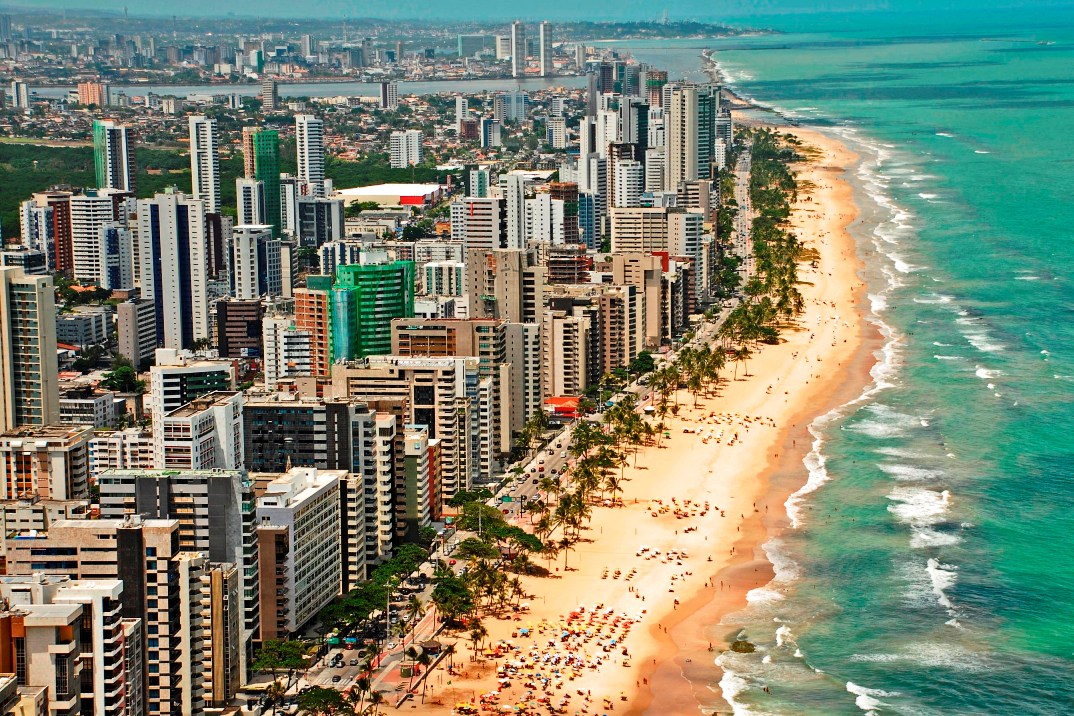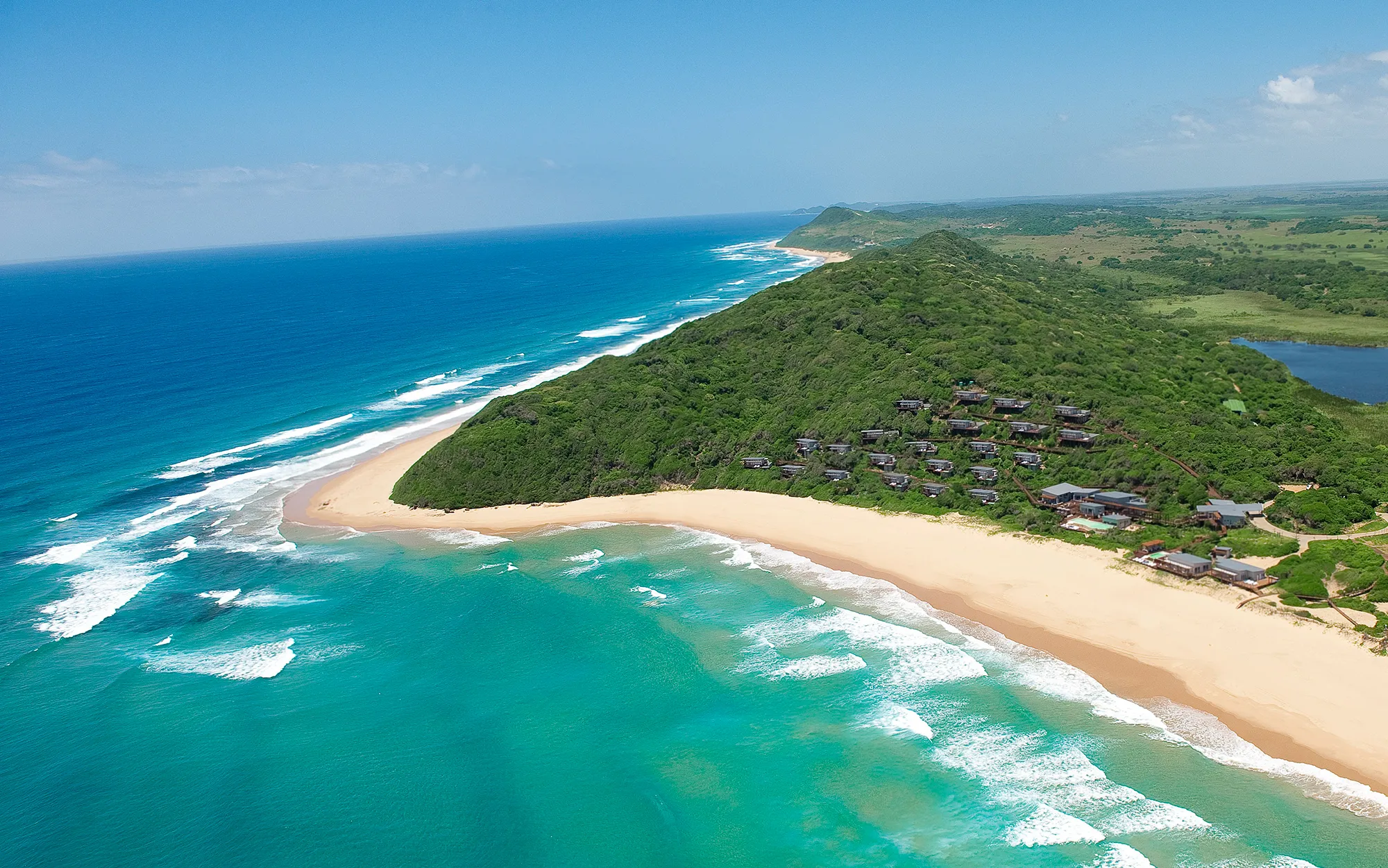
Australia is a diverse and expansive country located in the Southern Hemisphere, comprising the mainland of the Australian continent, the island of Tasmania, and numerous smaller islands. It is the world’s sixth-largest country by total area and is surrounded by the Indian and Pacific oceans. The capital city is Canberra, while Sydney and Melbourne are the largest and most internationally recognized cities, known for their cultural landmarks like the Sydney Opera House and the vibrant cultural scenes.
Australia boasts a robust economy, driven by sectors such as mining, finance, manufacturing, and technology, as well as a significant agricultural sector that produces a variety of goods for both domestic consumption and export. It is particularly noted for its rich reserves of minerals and natural resources.
Culturally, Australia has a dynamic mix of indigenous heritage and influences from its British colonial past, alongside a diverse immigrant population that has shaped its society since the 20th century. The country is renowned for its landmark environmental features, including the Great Barrier Reef, the vast Outback, and unique wildlife like kangaroos and koalas. Australia is also well-known for its commitment to sports, including cricket, rugby, and Australian Rules football. The nation consistently ranks highly in terms of quality of life, health, and education.
What’s the public’s verdict? Share your thoughts and discuss below!








